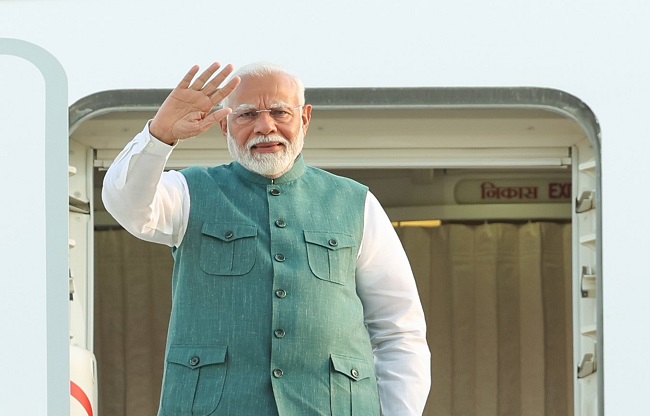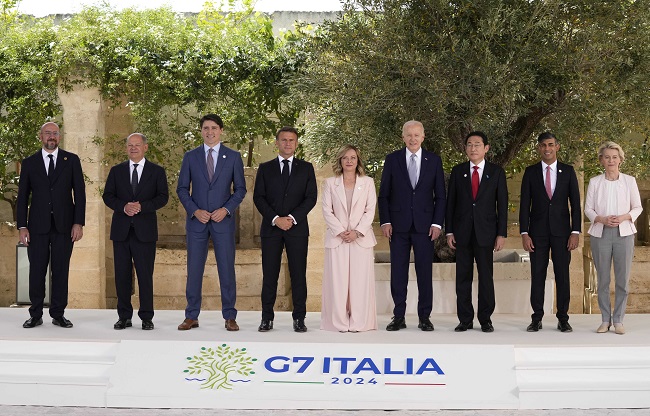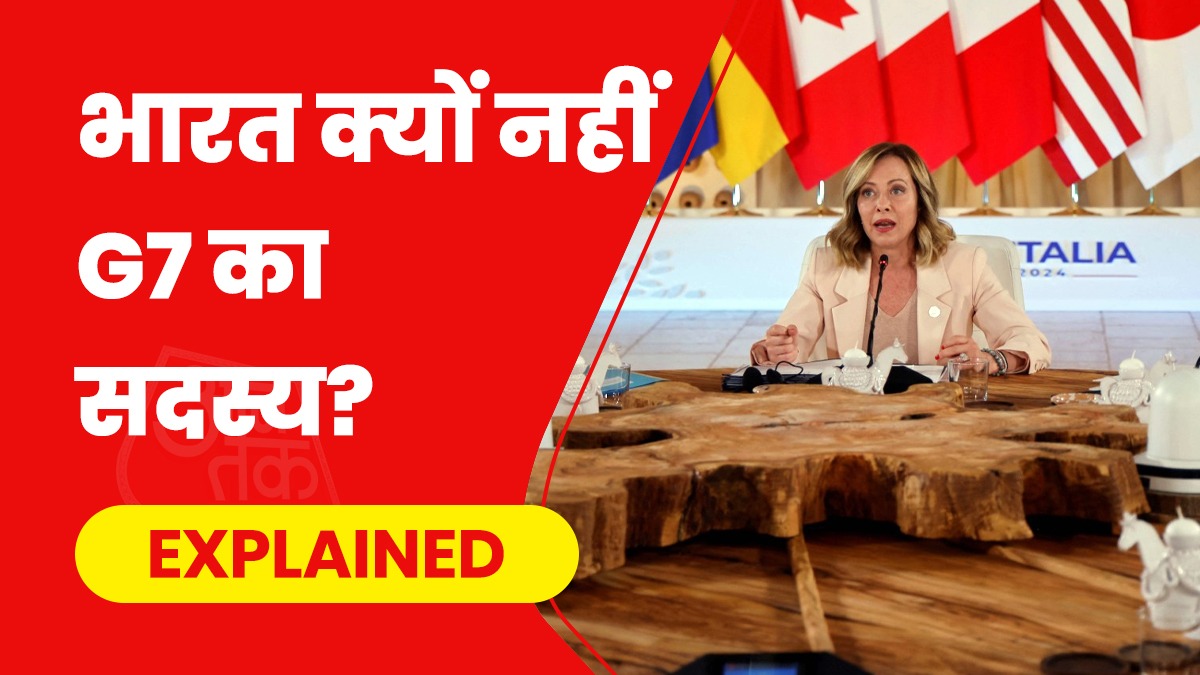The G7 Summit in Italy's Puglia continues until June 15th, and Prime Minister Narendra Modi has arrived to participate. Although India is not a part of the G7 nations, it is often invited to their summits, a testament to its status. However, there are several reasons why we remain officially outside this club of the world's wealthiest nations.
In 2023 at the Hiroshima G7 meeting, India was an invited country. Before that, France extended an invitation in 2019, and the United States has also done so. It's a recurring theme where the host nation extends a guest invite to India at these significant G7 meetings, despite our country not formally joining the group.
What is the G7
The G7, or Group of Seven, is a collective of some of the world's wealthiest democratic nations, including the USA, UK, Canada, France, Germany, Italy, and Japan. The first gathering of these countries took place in the 1970s amidst a world grappling with inflation and fear post-two global conflicts. The initial meeting led to a consensus on several issues, which proved beneficial. Subsequently, G7 summits became regular events. Russia was once part of these gatherings, but in 2013 it was excluded over expansionist policies.

Source: aajtak
Hosting nations have the privilege to invite countries outside the group. Italy has invited not only India but also Ukraine, Brazil, Argentina, Turkey, UAE, Kenya, Algeria, and Tunisia as guests. In addition, leaders from the World Bank, International Monetary Fund, and the United Nations have also been invited.
Why is India repeatedly invited despite not being a member
The G7 may have been seen as a group of advanced economies, but that reflects an earlier era. India's current GDP exceeds $2.5 trillion, surpassing the combined GDP of three G7 nations: Canada, France, and Italy. With economic growth stagnating in the West but continuing to climb in India, it's clear why G7 countries want to maintain ties with India.
The continuous invitations India receives led the American think tank Hudson Institute to remark that India has become a permanent guest over recent years. The power of the United Nations Security Council is not what it used to be, so the G7 is faced with increased expectations. However, inclusion of a nation like India is essential for fulfilling these. That's why discussions about India's membership crop up repeatedly, just like within the UNSC. However, for now, full membership seems unlikely, influenced significantly by India's policies.

Source: aajtak
Reasons for India's exclusion from the group
- During the Cold War, India was a part of the Non-Aligned Movement, advocating for neutrality among the superpowers. This reasoning persists. Joining the group might mean distancing from countries like Russia, which India does not want.
- Our relations in the Indo-Pacific region are quite distinct from those of the G7 members. Becoming part of a coalition could jeopardize longstanding positive relationships.
- India lags behind the Group of Seven in the Human Development Index, a measure assessing life expectancy, education, and income. This discrepancy is another reason why India has remained outside the G7.
- Despite the economic surge, India's per capita income remains substantially lower than that of the collective G7 nations, and this inequality in income continues to be a stumbling block.




